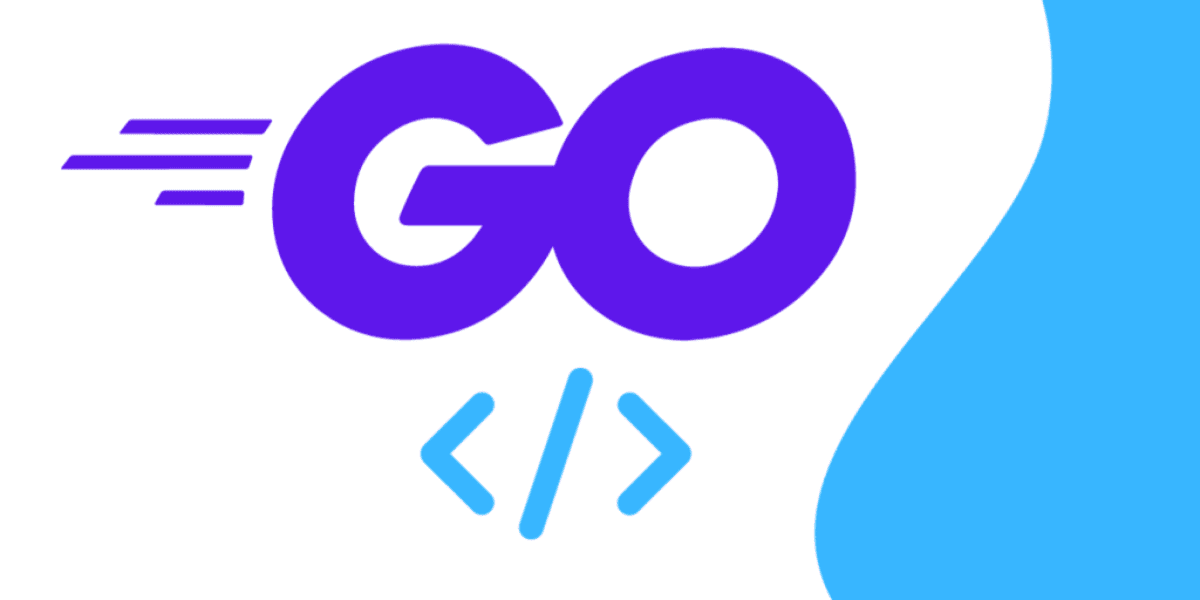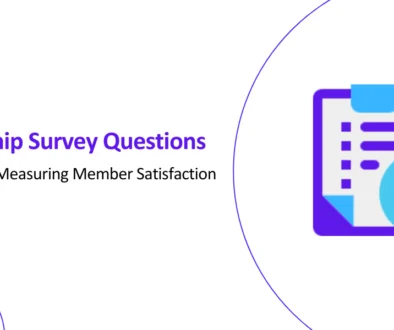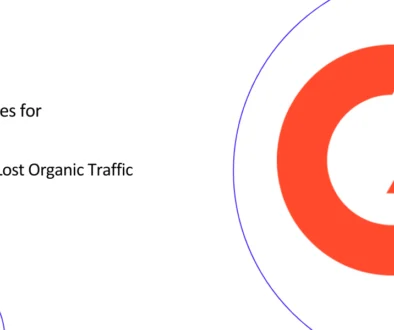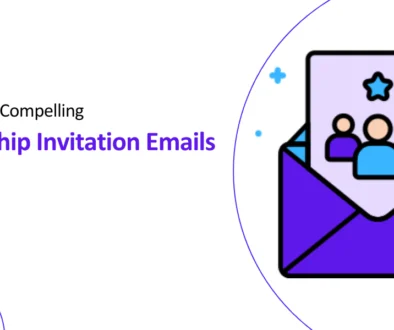Golang for SEO: 6 Ways to Automate Your Workflow
What is Go Programming Language?
Go (Golang) is a programming language created at Google to make it easier to build reliable and efficient software. It is simple to learn and use, reliable and efficient, and scalable and concurrent. This makes it a good choice for a wide variety of software development tasks. Golang is popular because it is a good all-around language. It is not the best at any one thing, but it is good at many things. This makes it a good choice for companies that need to build a variety of different types of software and for the same reason, it makes a good choice for SEOs that need automation.
6 SEO Areas Where Go Can Automate Tasks
1. Keyword research

Golang can be used to automate the keyword research process by scraping data from search engines and other sources. This can help you to identify the best keywords to target for your website or blog. For example, the following Go script could be used to scrape the top 10 SERPs for a given keyword and extract the search volume, competition level, and other data for each keyword. This data could then be stored in a database and used to generate a list of the best keywords to target.
package main import ( "encoding/json" "fmt" "io/ioutil" "net/http" ) type SERPResult struct { Title string json:"title" URL string json:"url" SearchVolume int json:"search_volume" CompetitionLevel int json:"competition_level" } func scrapeSERP(keyword string) ([]SERPResult, error) { // Create a new HTTP client. client := &http.Client{} // Build the SERP API request URL. url := fmt.Sprintf("https://api.example.com/serp?keyword=%s", keyword) // Make the HTTP request. req, err := http.NewRequest("GET", url, nil) if err != nil { return nil, err } // Set the HTTP request headers. req.Header.Set("Authorization", "Bearer YOUR_API_KEY") // Send the HTTP request and get the response. resp, err := client.Do(req) if err != nil { return nil, err } // Close the HTTP response body. defer resp.Body.Close() // Decode the JSON response body. var results []SERPResult err = json.NewDecoder(resp.Body).Decode(&results) if err != nil { return nil, err } return results, nil } func main() { // Get the keyword to scrape. keyword := "python programming" // Scrape the SERP for the given keyword. results, err := scrapeSERP(keyword) if err != nil { fmt.Println(err) return } // Print the SERP results. for _, result := range results { fmt.Printf("%s (%d, %d)\n", result.Title, result.SearchVolume, result.CompetitionLevel) } }2. On-page SEO optimization
Golang can be used to automate the on-page SEO optimization process by checking your website for errors, optimizing your title tags and meta descriptions, and generating XML sitemaps.
3. Technical SEO
Golang can automate a wide range of technical SEO tasks such as site crawling and indexing, and Broken link detection and repair. The following Go script could be used to check all of the links on a website for broken links. If any broken links are found, the script could send an email to the webmaster with a list of the broken links so that they can be fixed.
Go package main import ( "fmt" "io/ioutil" "net/http" "strings" ) type link struct { URL string Status int } func main() { // Get the list of links on the website links := getLinks("https://example.com") // Check all of the links for broken links brokenLinks := checkLinks(links) // If any broken links are found, send an email to the webmaster if len(brokenLinks) > 0 { sendBrokenLinksEmail(brokenLinks) } } func getLinks(url string) []link { // Create a new HTTP client client := http.Client{} // Get the response for the URL resp, err := client.Get(url) if err != nil { fmt.Println(err) return nil } // Close the response body defer resp.Body.Close() // Parse the HTML response body, err := ioutil.ReadAll(resp.Body) if err != nil { fmt.Println(err) return nil } // Extract the links from the HTML response links := extractLinks(body) return links } func extractLinks(body []byte) []link { // Create a regular expression to match links re := <a\s+href\s*=\s*\"(.*?)\" // Match all of the links in the HTML response matches := re.FindAllStringSubmatch(string(body), -1) // Create a slice to store the links links := []link{} // Iterate over the matches and add the links to the slice for , match := range matches { link := link{URL: match[1]} links = append(links, link) } return links } func checkLinks(links []link) []link { // Create a slice to store the broken links brokenLinks := []link{} // Iterate over the links and check if they are broken for , link := range links { // Make an HTTP request to the link resp, err := http.Get(link.URL) if err != nil { // If the request fails, the link is broken link.Status = 404 brokenLinks = append(brokenLinks, link) continue } // Close the response body defer resp.Body.Close() // If the response status code is not 200, the link is broken if resp.StatusCode != 200 { link.Status = resp.StatusCode brokenLinks = append(brokenLinks, link) } } return brokenLinks } func sendBrokenLinksEmail(brokenLinks []link) { // Create a new email message msg := NewEmailMessage() // Set the email recipient msg.To = []string{"webmaster@example.com"} // Set the email subject msg.Subject = "Broken links on your website" // Set the email body msg.Body = fmt.Sprintf("The following links on your website are broken:\n\n%s\n\nPlease fix these links as soon as possible.", strings.Join(getBrokenLinksText(brokenLinks), "\n")) // Send the email SendEmail(msg) } func getBrokenLinksText(brokenLinks []link) []string { brokenLinksText := []string{} for _, link := range brokenLinks { brokenLinksText = append(brokenLinksText, fmt.Sprintf("%s (%d)", link.URL, link.Status)) } return brokenLinksText4. Link building
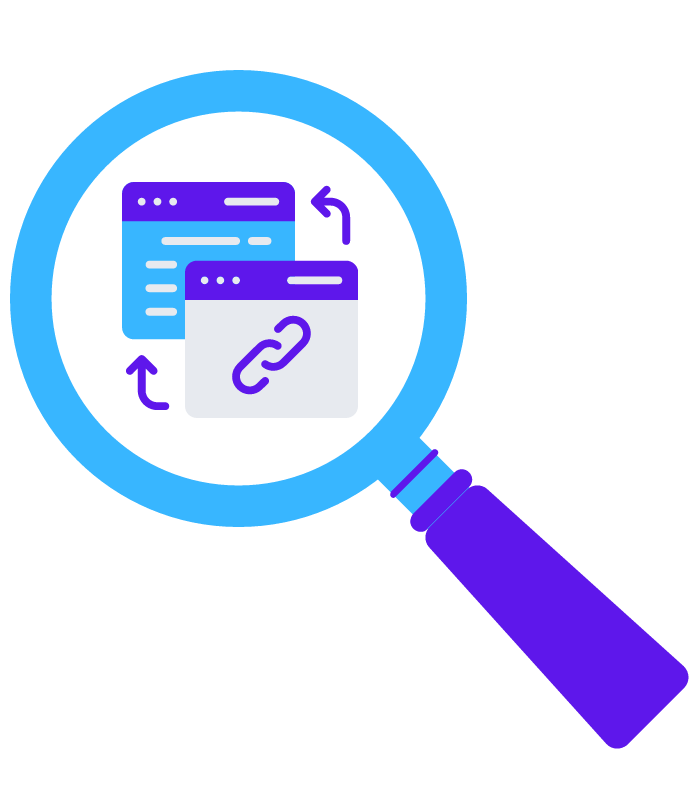
Golang can be used to automate the link building process by finding relevant websites to link to your own, and sending outreach emails to webmasters. For example, a Go script could be used to find potential link building opportunities by scraping websites and social media networks for mentions of the target website. The script could then send outreach emails to the website owners with a personalized message asking for a link.
5. Content marketing
Golang can be used to automate the content marketing process by generating blog posts, social media posts, and other types of content. For example, a Go script could be used to generate title tags and meta descriptions for all of the pages on a website based on the keywords that are being targeted for each page. The script could also optimize images by resizing them and adding alt text.
6. SEO reporting
Golang can be used to generate SEO reports that track your website’s performance in search engines. For example, A Go script could be used to generate a weekly or monthly report on keyword rankings, traffic, and other SEO metrics. The report could be sent to the webmaster or other stakeholders so that they can track the progress of their SEO efforts.
How Go Can Help SEOs Save Time and Gain Competitive Advantage?
Instead of spending hours manually scraping keyword data, you can use a Golang script to do it for you. This will free up your time to focus on things like creating high-quality content and building relationships with other webmasters.
Additionally, Golang can be used to automate SEO tasks that are difficult or impossible to do manually. For example, you can use a Golang script to generate personalized outreach emails to hundreds of webmasters at once. This is something that would be very time-consuming and difficult to do manually. Moreover, by using Golang to automate SEO tasks, SEOs can gain a competitive advantage over their competitors.
Statistics
- According to a recent survey, 63% of SEOs believe that automation is essential for success.
- 72% of SEOs say that they use automation to save time on routine tasks.
- 56% of SEOs say that automation has helped them to improve their website’s performance in search engines.
The Best Golang Courses To Learn the Basics of Golang
Go: The Complete Developer’s Guide (Golang)
by Rob Pike, Andrew Gerrand, and Todd Austin (Udemy)
This course is a comprehensive introduction to the Golang programming language, covering everything from the basics to more advanced topics. It is taught by three of the original creators of the Go language, so you can be sure that you are getting the most accurate and up-to-date information.
Programming with Google Go Specialization
by the University of California, Irvine (Coursera)
This specialization consists of four courses that will teach you everything you need to know to become a proficient Golang developer. You will learn about the basics of the language, as well as more advanced topics such as concurrency, web development, and testing.
How Manmash Consulting can help?
If you are interested in learning more about how Manmash Consulting can help you automate your technnical SEO tasks using Golang, please contact Manzar Mashhood, founder and CEO of Manmash Consulting on his WhatsApp +923331200550 or fill out the form on the contact page.

